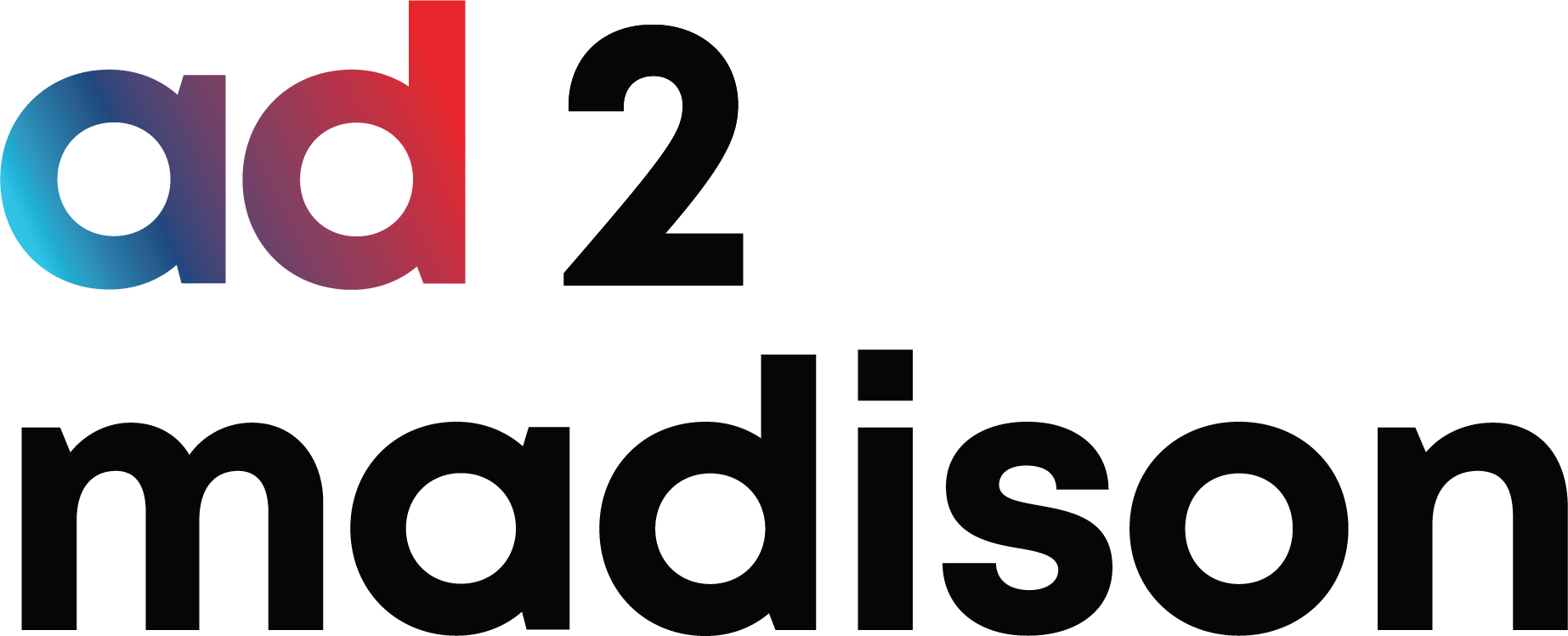You’ve made it: it’s the first day of your new job. You woke up before your alarm even went off and could barely eat breakfast. You’re excited, but as your fingers fiddle with the radio volume on the drive in, questions race through your head.
Will you be one of the youngest employees? Do your coworkers expect you to understand everything about social media? How many times will your boss ask you to recreate the ALS Ice Bucket Challenge?
As young millennials and Gen Z-ers, we face a unique set of challenges when we enter the seasoned workplace. Employers are becoming more “millennial-friendly” than ever, but no matter how many free lunches and happy hours we get, it’s tough to shoulder mismatched expectations.
Here are a few of the pitfalls we’ve run into as young professionals in the workplace — and some solutions to get through them unscathed!
You’re asked to work miracles, like making things go viral.
I mean, come on. Why is it so hard to recreate the Ice Bucket Challenge? How come we spent weeks last year holding still and pretending to be mannequins? Can’t you just do what they did?
Most of us have been asked to make something go viral. And most of us have had the sinking realization that despite our best efforts, careful research, and a healthy helping of luck, we probably still won’t be seen by every eye with a smartphone.
How do you get through this? Arm yourself with the data. Be prepared to answer questions about social media and online communication with objective facts.
It can be helpful to pull up articles on Facebook and Google’s algorithms that show how frequently they change and how difficult it is to understand their nuances. This illustrates that you’re following best practices, but even the top players don’t know everything.
You’re put into a box of “digital native.”
Which isn’t totally uncool, because after all, you are a digital native. We’ve grown up surrounded by technology, and navigating the touch-screen world is easier for us than our parents. There’s nothing wrong with acknowledging that it really is more efficient to give us certain tech-heavy tasks.
But the problem comes in when digital native is all we’re assumed to be. We thrive in an online environment, but we also have some pretty great ideas about traditional marketing initiatives like billboards and direct mailers.
When you find yourself getting boxed in, take a deep breath and advocate for yourself. Don’t be afraid to speak up and say that while yes, you’d love to pilot your organization’s latest social media campaign, you’ve also brainstormed a few ideas for their next brochure.
You’re assumed to be selfish and unmotivated.
Have you ever suggested a process improvement or voiced your displeasure with a company operation, only to be ridiculed for “not being a team player?” Yeah, us too.
It’s frustrating when countless articles paint our generation as lazy and narcissistic. It’s even more frustrating when our bosses and supervisors actually buy in to that narrative.
What’s really tough is that being treated as if you’re not a team player can make you feel like you don’t want to be a team player.
You’re not always respected.
And that sucks. Appreciation is one of the best motivators, so it’s hard to go home each day feeling like your opinions don’t really matter.
The way out? Show respect even when you’re not getting it yourself, do good work no matter what internal drama is going on, and watch your coworkers and bosses see how great of an asset you are.
If that doesn’t happen, start looking at your options — there will always be frustrations associated with being a young professional, but plenty of companies actually do a really great job.

